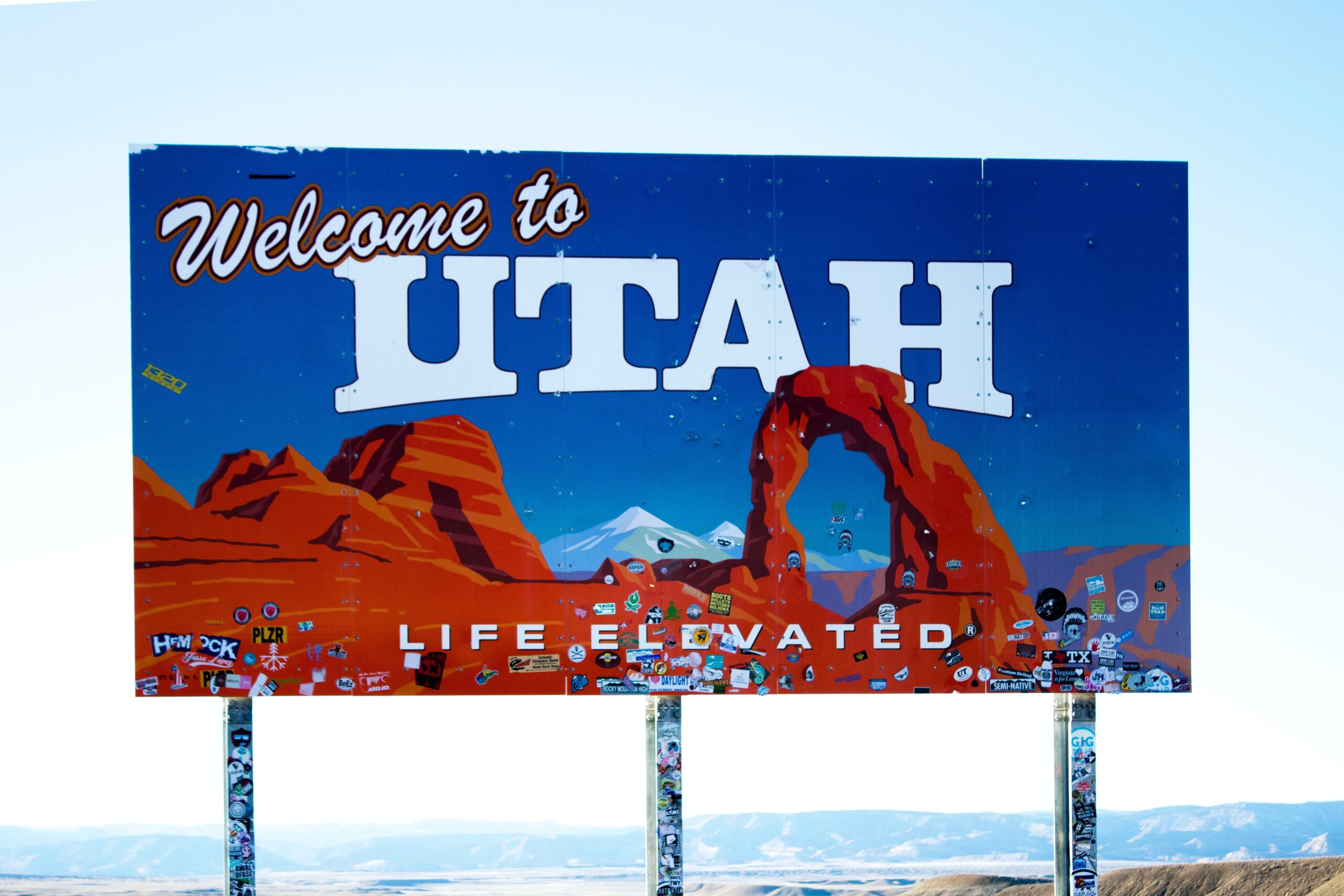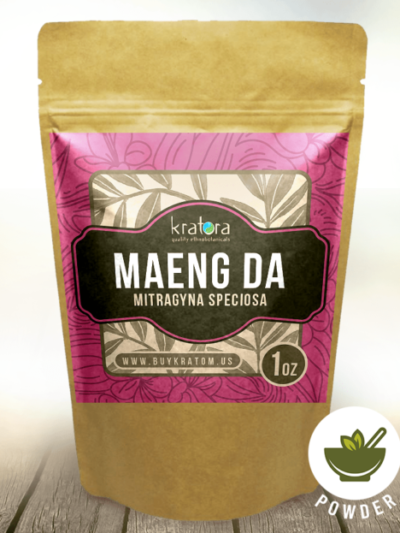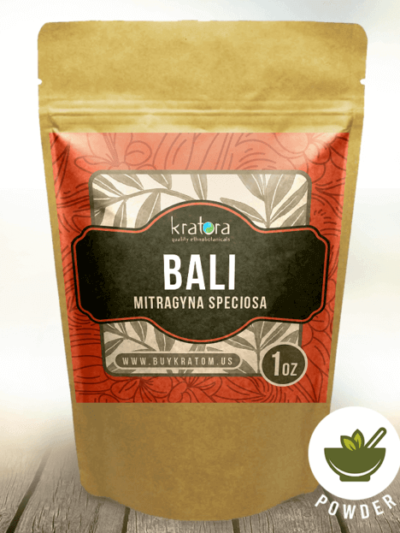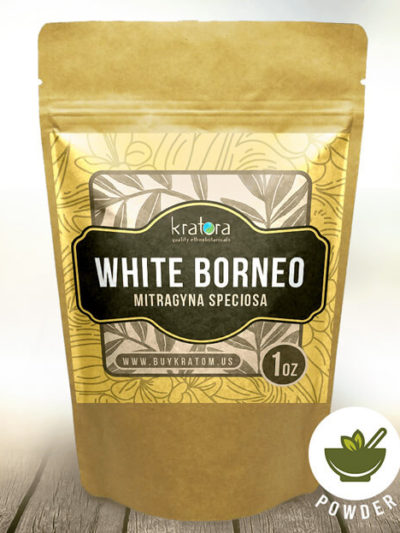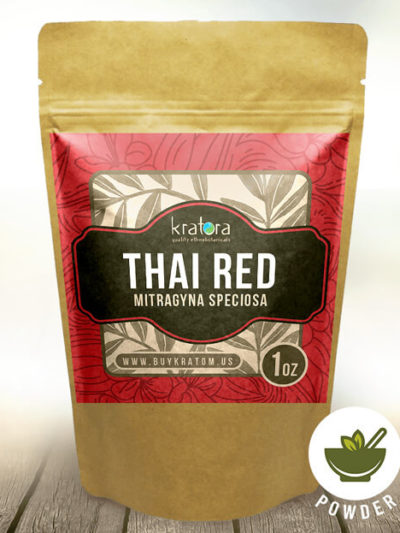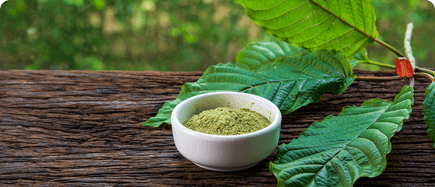From the sweeping landscapes of Zion National Park to the snow-capped heights of Park City, Utah is one of the best places in the country to convene with nature. But if you want kratom to be a part of that serene nature experience, you’ll need to familiarize yourself with the laws regarding kratom in Utah. Kratom laws are constantly evolving, and they can vary drastically from one state to the next. So, is kratom legal in Utah?
Is Kratom Legal in Utah?
Yes, kratom is legal in Utah across every city in the state as long as you are over the age of 18. Kratom aficionados will be happy to know that kratom is legal in Utah—and there are currently no cities or counties in Utah that have kratom restrictions on the books. So whether you’re traveling in from another state or looking to shop locally in a variety of Utah cities such as Salt Lake City, West Valley City, Provo, Ogden, or anywhere in between you can legally purchase and enjoy kratom products.
There have been efforts to restrict kratom in Utah in the past. In 2017, for example, state lawmakers introduced a bill that would have added kratom to Utah’s controlled substances list. The bill passed but kratom was removed from the list of substances to be scheduled.
Other efforts to ban kratom in Utah were similarly unsuccessful. However, in 2019, kratom’s legal status in the Beehive State would make national headlines and set a new standard for kratom legislation nationwide. The legal status of kratom products in Utah under the Kratom Consumer Protection Act makes sure buying kratom in Utah remains legal as well as provides safe and pure kratom products sold within its borders.
The Utah Kratom Consumer Protection Act
In 2019, Utah became the first state to adopt the Kratom Consumer Protection Act (KCPA). The KCPA is a set of quality and safety guidelines originally developed and promoted by the American Kratom Association, a national advocacy organization. The KCPA includes a number of legislative recommendations intended to keep poor-quality, dangerous kratom products out of stores and away from consumers.
The need for safety regulations became apparent a year earlier in 2018, when a widespread kratom salmonella outbreak resulted in two Utah residents getting severely ill. The problem arose, in part, due to a lack of quality standards in the U.S. Since there is currently no federal oversight of the kratom market, there are few safeguards in place to keep contaminated kratom off of store shelves.
For most buyers, the solution is to vet products and manufacturers carefully. This means only purchasing from trusted, verified kratom vendors who offer all-natural products backed by third-party lab testing.
The Kratom Consumer Protection Act has been a game changer for kratom in Utah, because now anyone who manufactures or distributes kratom in the state is held accountable for the products they sell.
Under the terms of the Utah Kratom Consumer Protection Act:
- Kratom manufacturers and retailers must register their products with the Utah Department of Agriculture and Food.
- Kratom products must be subjected to third-party testing from an accredited laboratory. Test results must confirm that there are no non-kratom substances, synthetic alkaloids, or contaminants in the product.
- All kratom product labels must present key information about the product, including the batch/lot number and ingredients. In addition, labels cannot make claims suggesting that kratom is able to cure or treat any health conditions.
- Kratom products can only be sold to individuals ages 18 and above. Minors are not permitted to purchase or possess kratom in Utah.
In addition, the state imposes severe penalties on manufacturers that sell contaminated kratom products, falsify test results, falsify ingredient lists, or otherwise violate the terms of the Utah Kratom Consumer Protection Act.
How Kratom in Utah Is Shaping Policy Nationwide
Although Utah was the first state to formally adopt the KCPA, it was far from the last. Several other states have followed suit, including Arizona, Nevada, and Georgia. Even more states, including Florida, are considering adopting the act within their own borders as we speak.
The KCPA has even received recognition at the federal level. Just recently, federal legislators from both sides of the political aisle introduced Federal Kratom Consumer Protection Act legislation. And although the federal bill is quite a bit different from the KCPA that has been implemented in individual states (its main focus is to invest in kratom research and prevent the federal government from restricting kratom distribution), it represents a potential step forward for the industry.
In past years, the federal government has come close to banning kratom altogether—in response to safety concerns that would be more effectively remedied through the type of regulations that the KCPA seeks to impose. The DEA, FDA, and HHS have all expressed concerns about kratom, but the tide appears to be turning, especially since the World Health Organization came out with their own report rejecting the need for an international kratom ban. Now, more and more state and federal legislators are recognizing the value of a safe, regulated kratom marketplace.
And it all started with common-sense regulations for kratom in Utah.
Are All Kratom Products Legal In Utah?
While Utah’s Kratom Consumer Protection Act (KCPA) has ensured that high-quality kratom products can legally be sold and used throughout the state, it’s important to note that not all forms of kratom are permitted. Products such as kratom-infused vapes, candies, or other non-traditional forms face additional scrutiny and are typically excluded from the acceptable product list. The KCPA specifically emphasizes the importance of maintaining a high standard for kratom safety, ensuring that products are free from contaminants and adhering to proper labeling practices, but it doesn’t universally greenlight all product types.
The KCPA mandates specific product types that can legally be sold, primarily focusing on raw leaves, powder, capsules, tablets, and extracts. These forms are recognized as the safest and most consistent ways to enjoy kratom while also meeting the quality standards set forth by the state. Therefore, while you can confidently find and use traditional forms of kratom in Utah, it’s vital to avoid unconventional products that don’t align with KCPA regulations. Staying informed and discerning about what kratom products you buy ensures a legal and safe experience in the Beehive State.
How to Shop for Kratom in Utah
There’s good news for anyone seeking to buy kratom in Utah. Thanks to the KCPA, you don’t have to worry as much about synthetic, adulterated, or contaminated products on store shelves. However, while you can certainly find kratom products in nutrition stores, herb stores, and gas stations, it’s still best to buy kratom online from trusted national vendors.
Online vendors are easier to vet, they have better product selections, and you can usually get a much better deal since online brands generally have lower overhead.
Maeng Da Kratom Powder
From $12.99
Shop Now
This product has multiple variants. The options may be chosen on the product page
Bali Kratom Powder
From $10.99
Shop Now
This product has multiple variants. The options may be chosen on the product page
White Vein Borneo Kratom
From $10.99
Shop Now
This product has multiple variants. The options may be chosen on the product page
Thai Red Vein Kratom
From $10.99
Shop Now
This product has multiple variants. The options may be chosen on the product page
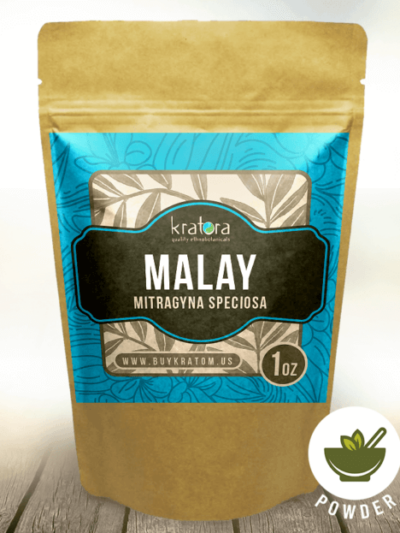
Green Malay Kratom Powder
From $10.99
Shop Now
This product has multiple variants. The options may be chosen on the product page
At Kratora, we offer 100% all-natural kratom products that are ethically harvested, third-party lab tested, and grown on some of the best kratom farms in Southeast Asia. We offer free priority shipping on orders over $100, and our customer service is top-notch. We invite you to explore our full inventory of kratom powders, kratom extracts, and more, and discover the difference for yourself.
So is kratom legal in Utah? Absolutely. But it still pays to be a discerning shopper. So know what you’re getting, and enjoy the experience.
Want to learn more about kratom quality and value? Start here:
Why Buying Cheap Kratom Can Be Dangerous
